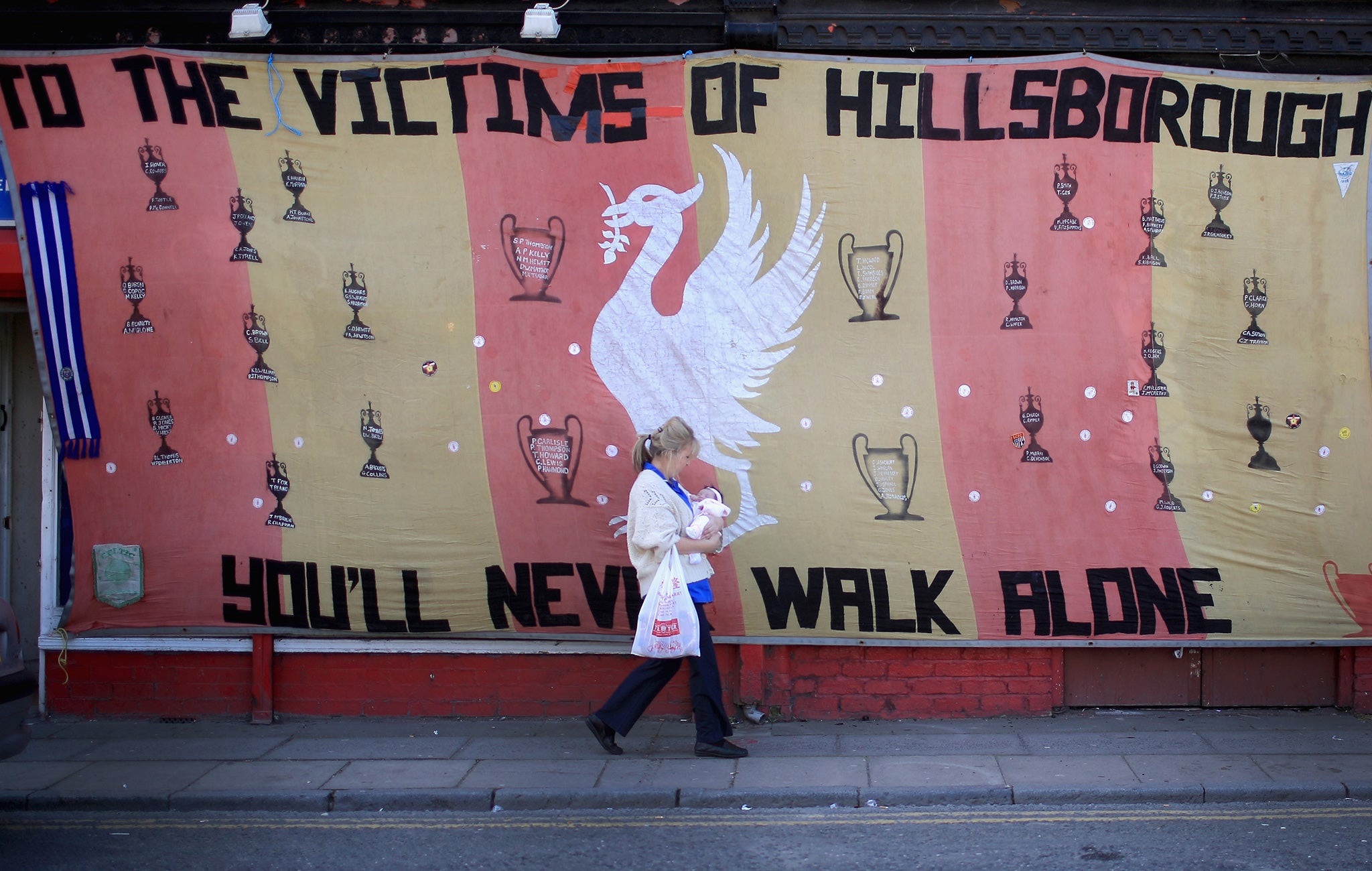Hillsborough taught us that we need to provide better support for families bereaved in public disasters
We should establish an independent public advocate to act for bereaved families during official processes

In September 1980, the ‘MV Derbyshire’, a bulk carrier with 42 crew members, two wives and 157,000 tonnes of iron ore on board, disappeared without trace in a typhoon in the South China Seas. It was the biggest British registered merchant ship ever to have been lost at sea. Unable to find it, the wreck commission reached a convenient conclusion that the ‘Derbyshire’ had been overwhelmed by the forces of nature.
The bereaved families campaigned for a formal investigation based on evidence to get to the truth about what really happened, by the Independent Reviewer of Counter Terrorism Legislation, but the Government refused. Worse still, suggestions were made that negligence by the crew was responsible for the wreck.
It took the bereaved families 20 years to discover the truth that flaws in the design of the carrier were responsible. Paul Lambert of the Derbyshire Families Association has described the families’ quest for truth as like being outside a glass bubble, seeing the official response to the disaster going on inside and knowing that response was getting it wrong; and then trying to tell them they were getting it wrong but being ignored because the families were not privileged to be inside the dome.
As the Hillsborough inquests enter their final weeks, the story of that tragedy has uncanny parallels with that of the ‘Derbyshire’. Once again it took two decades of dignified, indomitable campaigning by the families to discover what really happened; two decades of campaigning against official indifference and smears against the victims.
So many families bereaved in other public disasters still remain excluded from official processes, with the truth about what happened to their loved ones still concealed from them. The Hillsborough Panel report revealed how and why bereaved families feel so alienated from official processes for responding to public disasters. After that report, it’s clear how the experience of bereaved families can illuminate what happened in a disaster and reveal flaws in the official response.
Yet the progress made finally by the Hillsborough families might so easily never have happened. When, on the twentieth anniversary of the disaster, the call was again made to release all the documents, the consensus within Westminster and Whitehall was that all the documents that could possibly be released should be. Not all the documents, just those that could be. Data protection legislation meant that the crucial 1 per cent of documents the families most wanted to see might not have been released.
It’s not that the consensus within Westminster and Whitehall wasn't sympathetic to the families. It was, but it was felt that nothing would bring closure for them and so their desire for the truth should not be allowed to compromise other public policy objectives.
The Hillsborough Panel was devised as a way around all the institutional and legal obstacles in Whitehall that were blocking the way to the truth. My Private Members Bill, which receives its second reading in the Lords on Friday, is based on the experience of that Panel and is designed to try to provide better support for families bereaved in public disasters.
The Bill is founded on the principle that the state serves the people, not the other way round. It sets out not to replace the existing system of responding to public disasters, such as inquests and public inquiries – they will clearly have a continuing role to play to ensure any overarching public interest is protected – but rather to augment it to protect better the interests of the bereaved.
It will set up a government-funded but independent Public Advocate (modelled institutionally on the Independent Reviewer of Terrorism Legislation) to act for bereaved families, if they request it, and support them through official processes. It will also give the advocate the power to set up a review panel along the lines of the Hillsborough Panel to secure transparency. To ensure the government of the day will not be able to ignore the Advocate’s work, there would be an annual report issued to Parliament.
Westminster and Whitehall have too often forgotten that their primary duty is not to serve some abstract conception of state interest but the needs of those most in need. In the case of public disasters such as Hillsborough that means the interests of the bereaved should be given greater priority. That is what the Public Advocate Bill is intended to achieve.
Lord Michael Wills is a Labour Peer and former Justice Minister
Join our commenting forum
Join thought-provoking conversations, follow other Independent readers and see their replies
Comments
Bookmark popover
Removed from bookmarks